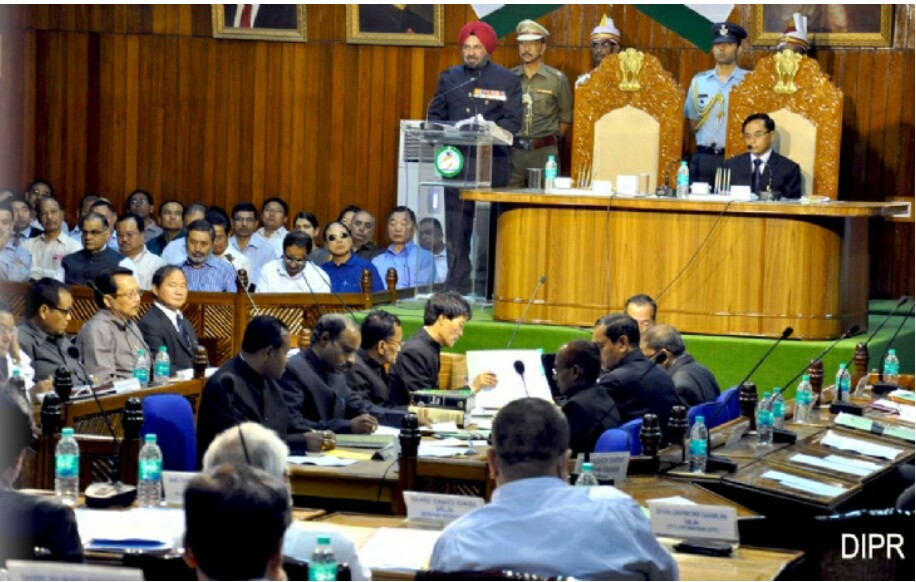SC Defines Role of Governor, But What About 14 Disqualified Congress MLA's?

ITANAGAR: While the Congress is rejoicing over the Supreme Court verdict reinstating its power in Arunachal Pradesh, the road ahead will be a tricky and confusing one for everyone involved.
The top court’s verdict deals with the actions of Governor JP Rajkhowa and sets aside all decisions taken in the make-shift assembly sessions of December 16 and 17 when Nabam Rebia and Nabam Tuki were ousted from their posts as speaker and chief minister.
While the verdict clearly lays down the role and restrictions of governors, future and present, the issue concerning the disqualification of the 14 Congress MLAs was not addressed.
The Supreme Court had already left the onus of making the decision on that case with the Gauhati High Court.
In today’s verdict, it said that it is “not concerned with the decision of the Gauhati High Court or the power or propriety of the decision of the Speaker”. It added that Rebia had given a notice to the 14 MLAs on December 7, requiring them to show cause why they should not be disqualified.
Rebia was acting on a letter issued by after Arunachal PCC president Padi Richo to the 14 MLAs in question accusing them of anti-party activities. The letter had claimed that the MLAs breached party discipline and that it had “come to the conclusion that you have voluntarily given up your membership of Indian National Congress and the Congress Legislature Party”.
The constitutional bench today added that “the correctness” of this matter and “the procedure followed has now been decided by the Gauhati High Court and the correctness of that decision is not before us”.
Therefore, there is now some ambiguity relating to the fate of the 14 ‘disqualified’ MLAs since the Supreme Court has reverted to how things were before December 16.
After the President’s Rule (which was imposed on January 26) was lifted on February 19 and Kalikho Pul was sworn-in as chief minister the same day, Wangki Lowang was elected as the speaker of the legislative assembly.
The confusion rises from the fact that the Gauhati High Court had directed the legislative assembly to form a committee to probe the validity of the disqualification petition. Acting on its direction, Lowang formed the Honchun Committee, which submitted its report to him, rejecting the validity of the petition. That report has since been accepted by the assembly and forwarded to the High Court for consideration.
The question that needs to be addressed now is, if the Supreme Court verdict reverses all decisions taken in the assembly sessions of December 16 and 17, is Wangki Lowang’s term as speaker legitimate? And if he was not the speaker, are the findings of the Honchun Committee valid?
Additionally, in the scenario that the Honchun Committee’s report is rejected, and the 14 MLAs in question stand disqualified, can Tuki still claim that the Congress has 47 MLAs in the sixty-member house?
Reacting to the verdict, Tuki today sounded confident. However, the reality is that Tuki does not have the numbers to win a no-confidence motion at the moment. But once he does assume the chief minister’s position for the third time, he is unlikely to call for a no-confidence motion against himself considering it would be counter-productive, at least not until the time he can get the requisite number of MLAs to his side.
So what lies ahead? Will Pul and his supporting MLAs who had earlier joined the regional People’s Party of Arunachal resign from the Congress and join the party again? Or will they join the BJP instead, as has been long anticipated?
Adding to all of this is the fact that a case has been filed in the Gauhati High Court arguing that a regional political party cannot join a national party.
Plus, one can also not rule out the possibility of an election in the near future.
Tricky times ahead.



